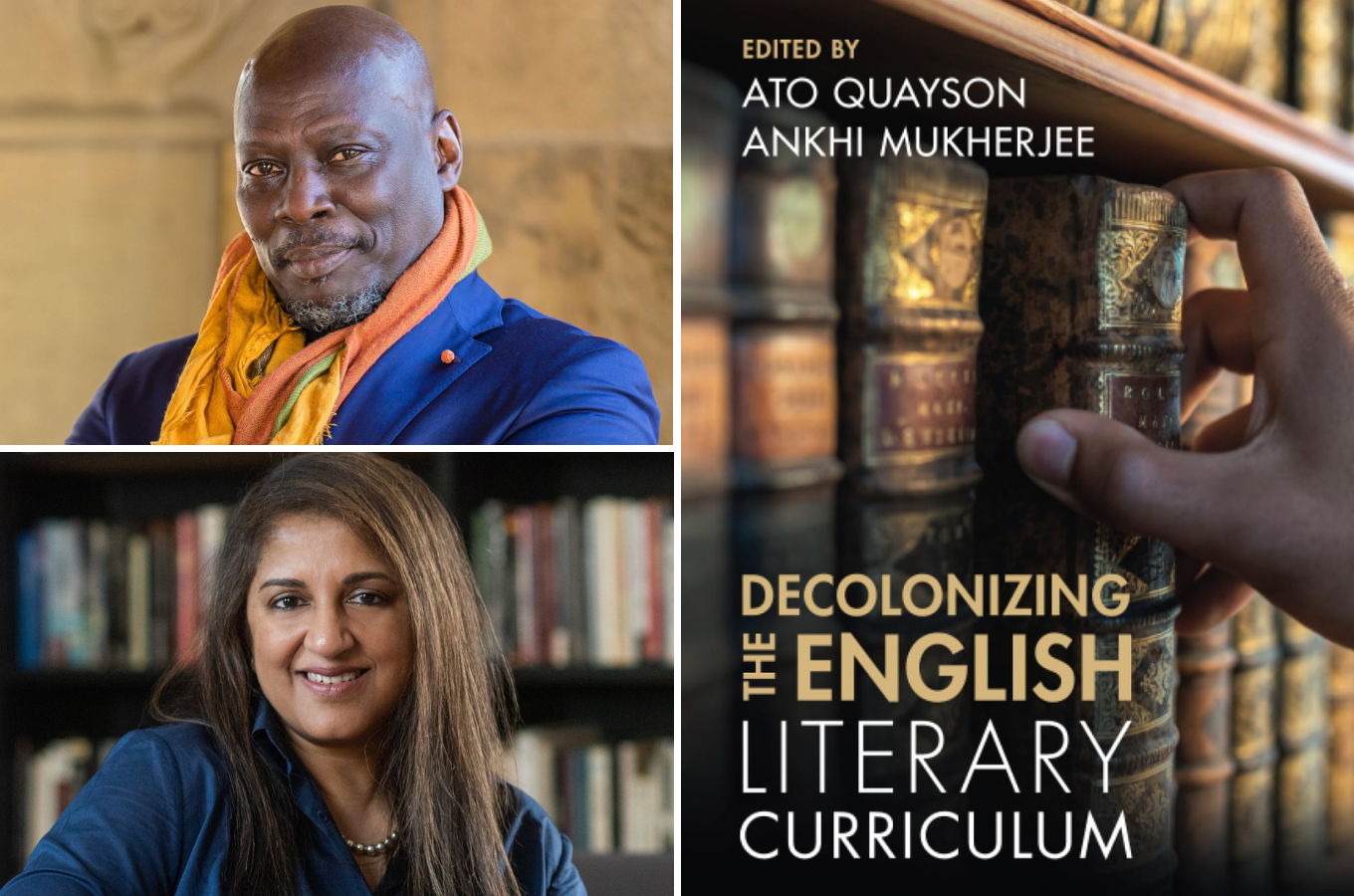
Decolonizing the English Literary Curriculum is a collection of scholarly essays co-edited by Stanford University professor Ato Quayson and Oxford University professor Ankhi Mukherjee. It was published by Cambridge University Press on November 9 and made freely available online through the support of Debra Satz, Dean of the School of Humanities and Sciences at Stanford University.
The work is a response to the global conversation on race and injustice, highlighted by the mass protests following George Floyd’s death on May 25, 2020. It advocates for a reevaluation of how literature is studied and taught, emphasizing the need to critique colonial legacies and explore diverse perspectives beyond Eurocentrism.
Comprising 26 chapters from notable scholars like Aarthi Vadde, Jeanne-Marie Jackson, Joseph R. Slaughter, and many others, the book covers topics ranging from African oral forms, medieval literature, disability studies to Marxism. This breadth demonstrates the editors’ vision for a global and comparatist approach to decolonizing the literary curriculum, involving scholars from varied backgrounds, educational institutions, and academic fields. As Prof. Quayson remarked in an email message to us, they hope the collection will “generate debates on how to decolonize the literary curriculum from a comparative global perspective.”
Central to this work is the idea that merely expanding the list of books taught in schools to include marginalized voices is not sufficient to decolonize the literary curriculum. In the introduction, the editors define decolonization as “the aftereffects of colonialism; a period of restoration and reparation; a questioning of Western modernity; an interrogation of and resistance to the colluding forces of capitalism, racism, and imperialism that structured colonial domination.” Thus, decolonization is a process of building new tools of knowledge making that involves “confront[ing] colonial legacies through an ongoing scrutiny of unexamined course content and curricula as well as teaching, learning, and assessment methods.”
As Prof. Mukherjee notes in a message to us, Decolonizing the English Literary Curriculum goes beyond “introducing overlooked authors (and archives).” She also notes that this book challenges the misconception that to pursue a decolonizing approach to the study and teaching of literature is to forego the intrinsic qualities of literature and instead prioritize personal or political agendas over true literary appreciation. Prof. Mukherjee emphasizes that in proposing a reform to English literature curricula, the book offers “new ways of reading, expanded reading publics, experimental frames of comparison and intellectual exchange that unsettle residual colonial hierarchies.” It gets to the root of how we study texts, how we read them, the background knowledge we bring to them, what we expect texts to say us and how. In essence, the collection provides tools for changing the ways we make English literary texts meaningful in the classroom.
Since the entire collection is fully open access, it is accessible to a diverse global audience including teachers, scholars, students, activists, and community organizers, who are interested in exploring how literature can be used to teach, inspire, and animate ideas about decolonization. This access provides them with evidence-based strategies presented by a truly global cast of teachers and scholars. As highlighted by the editors in a blog post, this cast spans “Africa, Australia, Aotearoa New Zealand, Europe, the Indian subcontinent, North America, Singapore, and the United Kingdom, and across generations of scholars at different career stages in a wide variety of higher education institutions.”
Decolonizing the English Literary Curriculum is part of a long history of scholarly projects calling for reforms to literary curricula. But it stands out by advocating for reform within the context of contemporary shifts in the global political and cultural spheres and also by seeking reforms that do not only change what is taught but also seeks to change the way texts are taught. For the editors of this volume, this opens up new possibilities for a literature-centered knowledge making.
Read the free PDF here.
Buy print copies here.




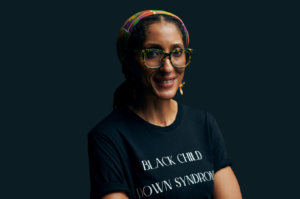
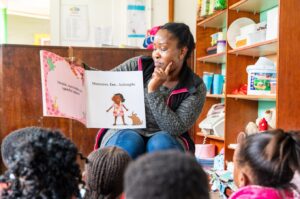
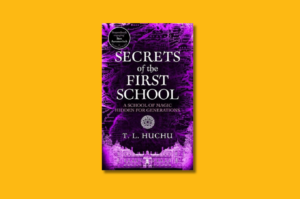
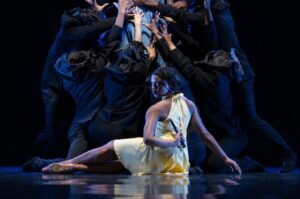

COMMENTS -
Reader Interactions